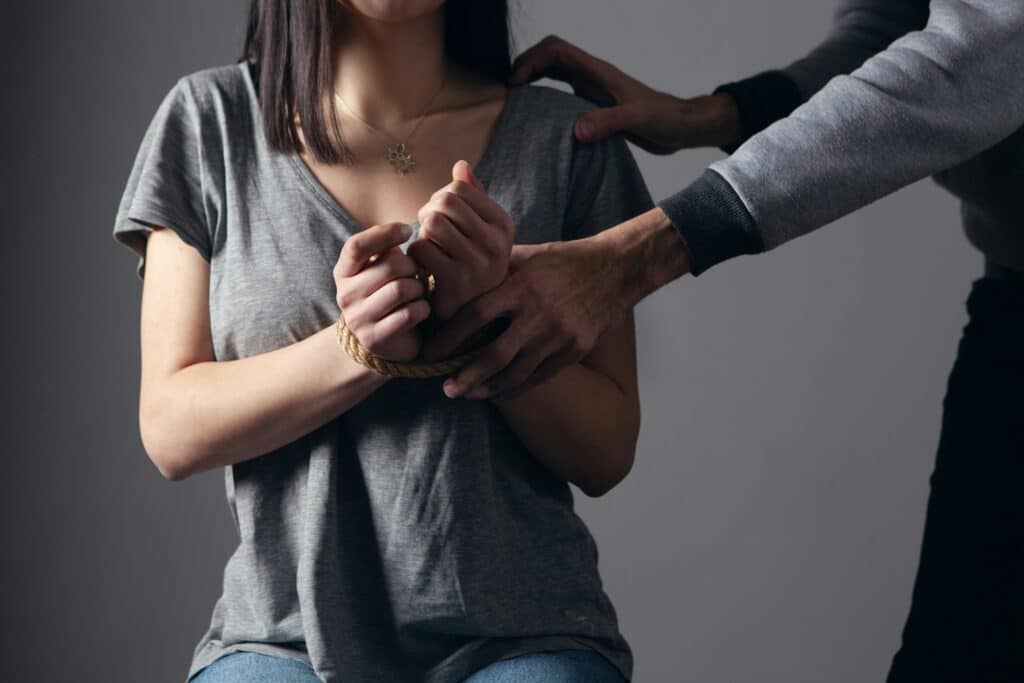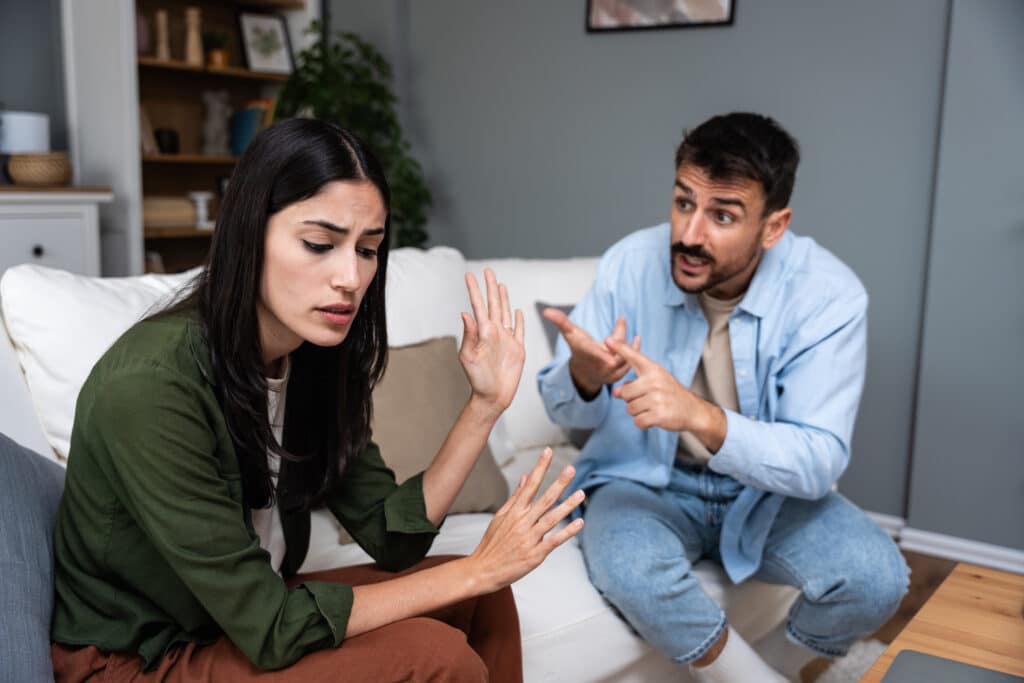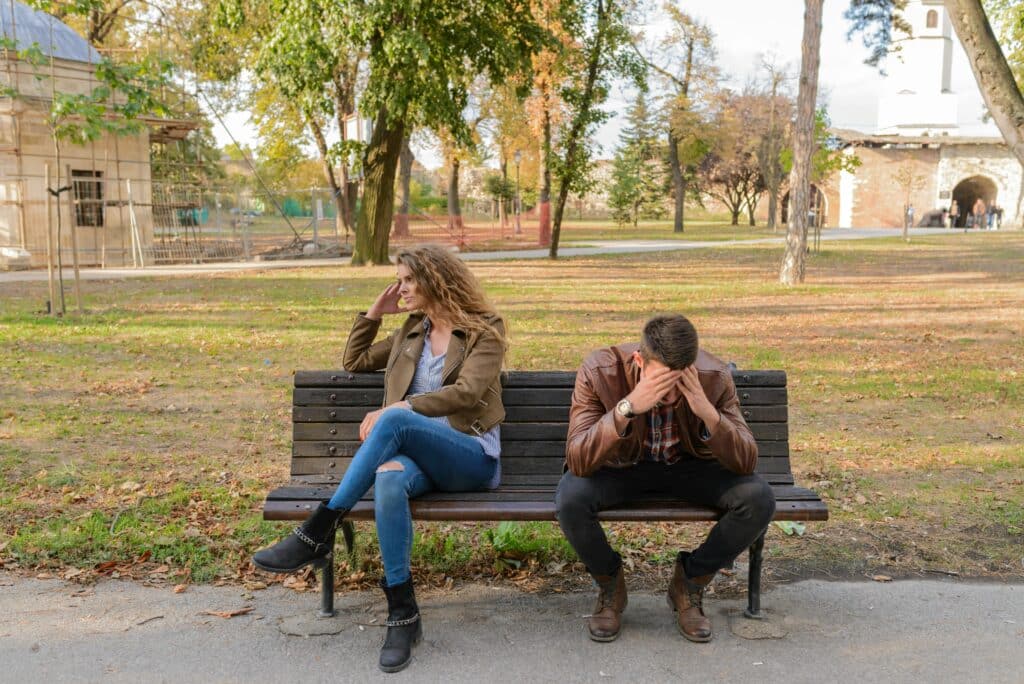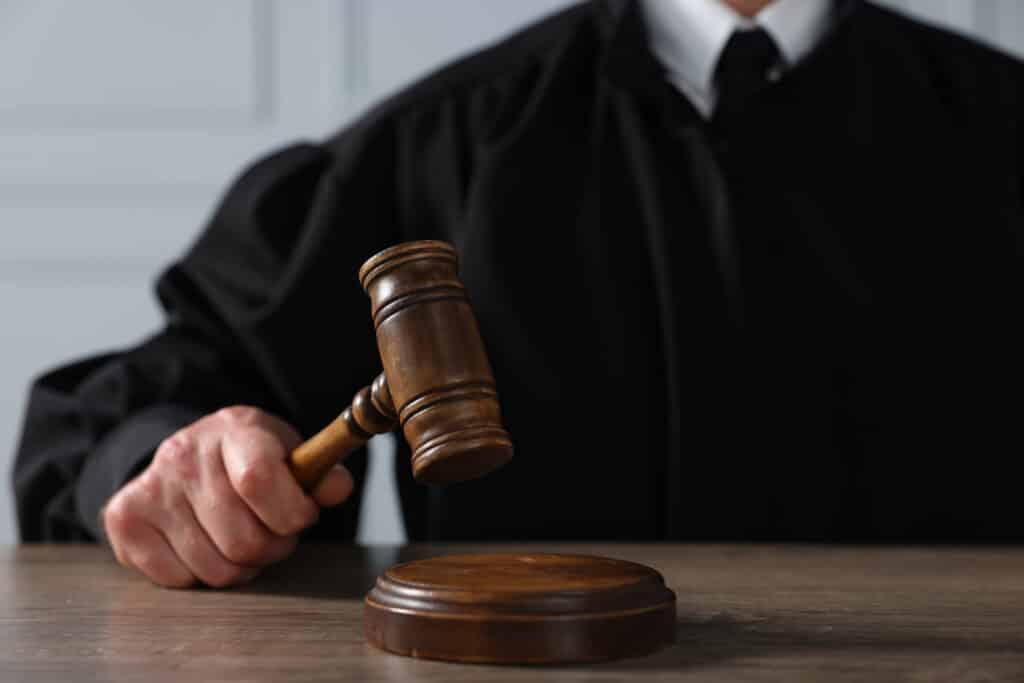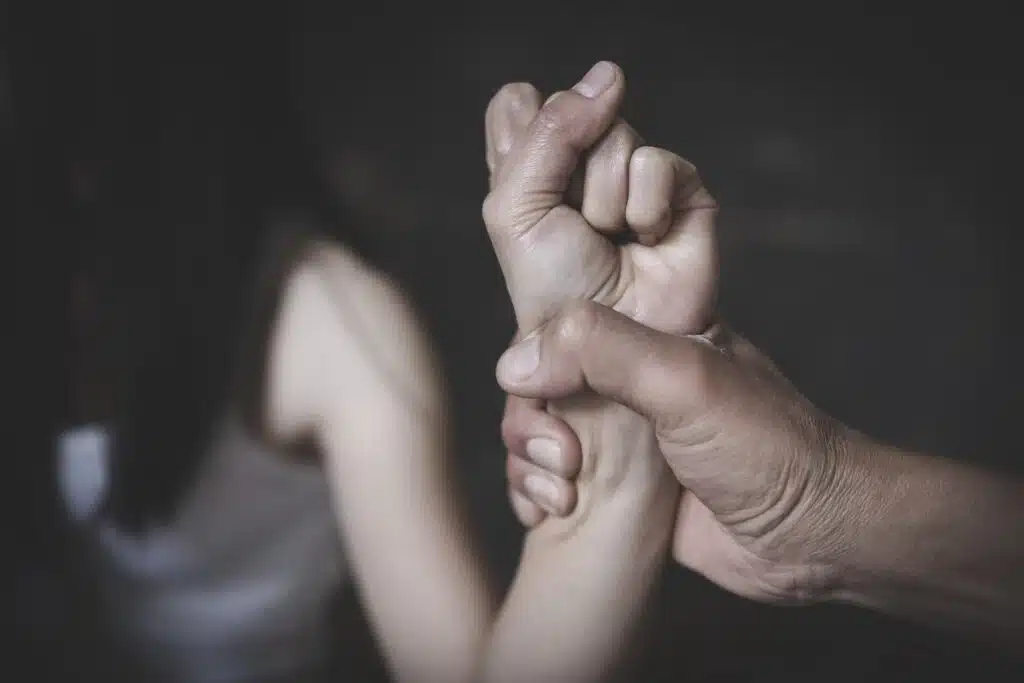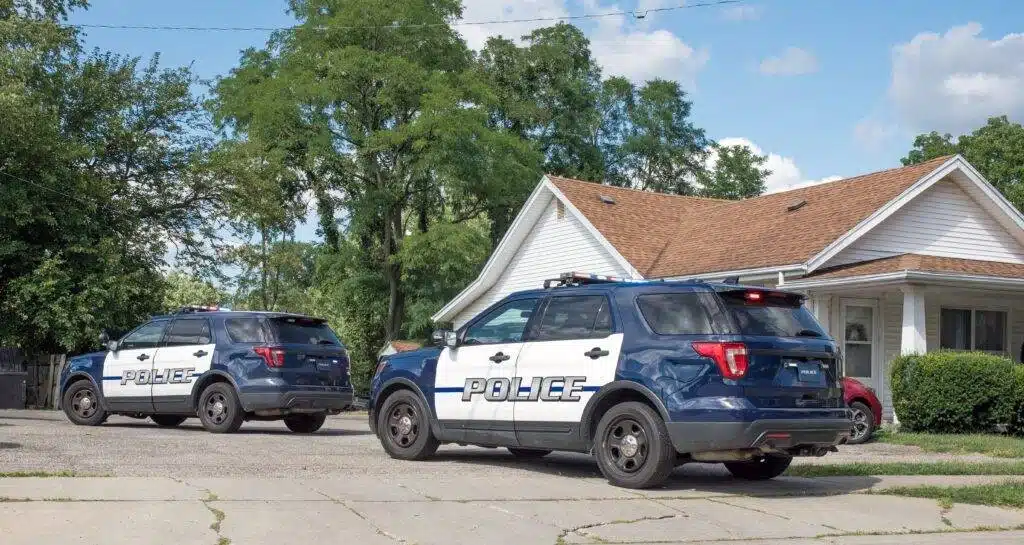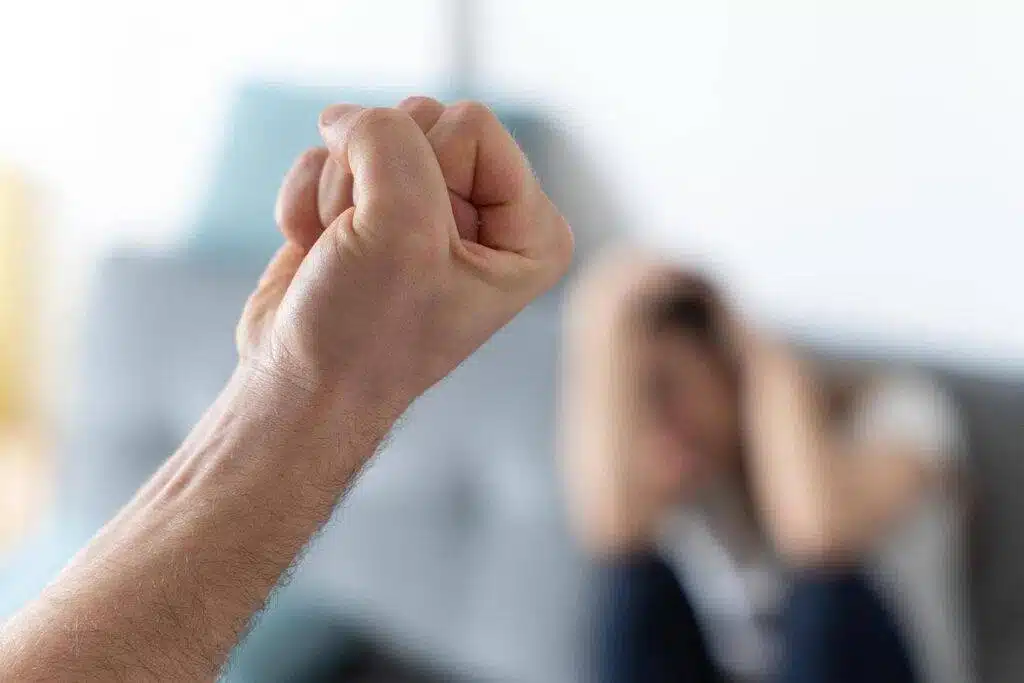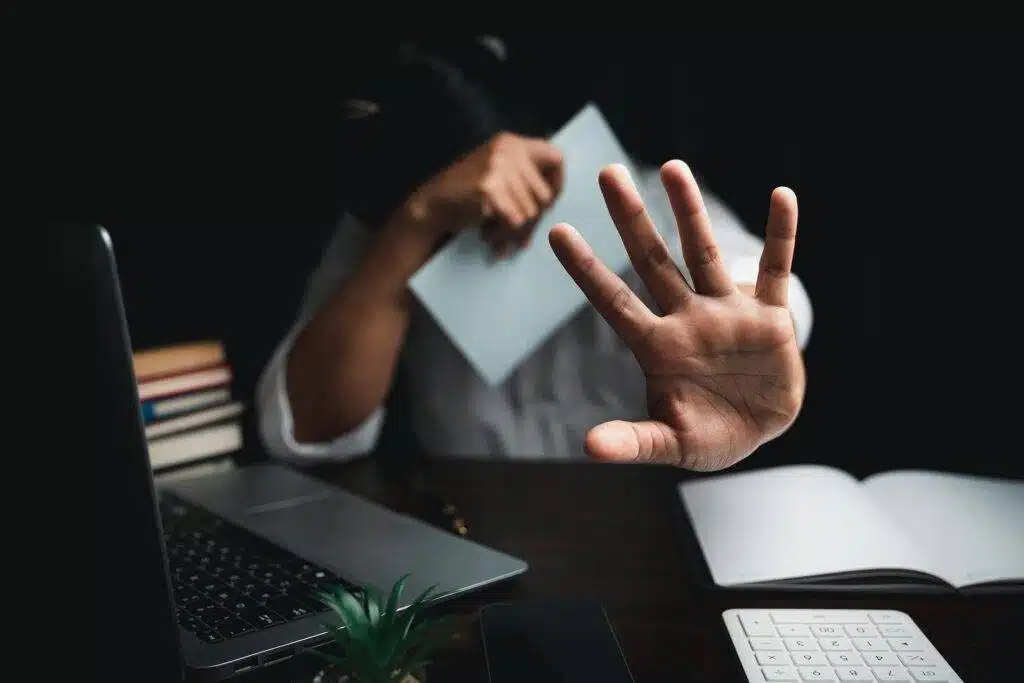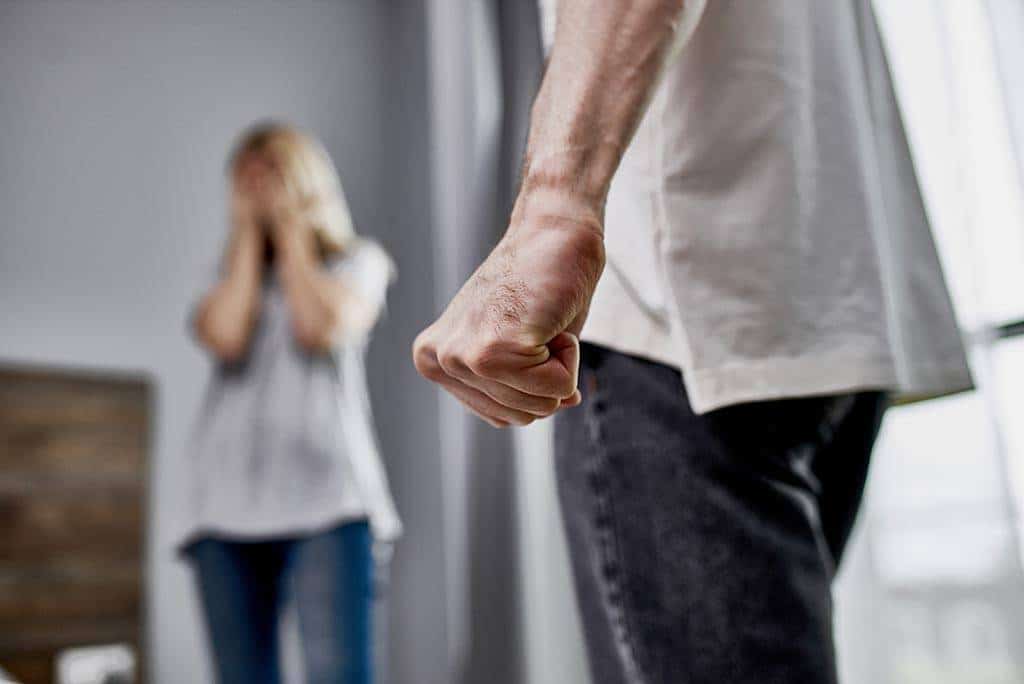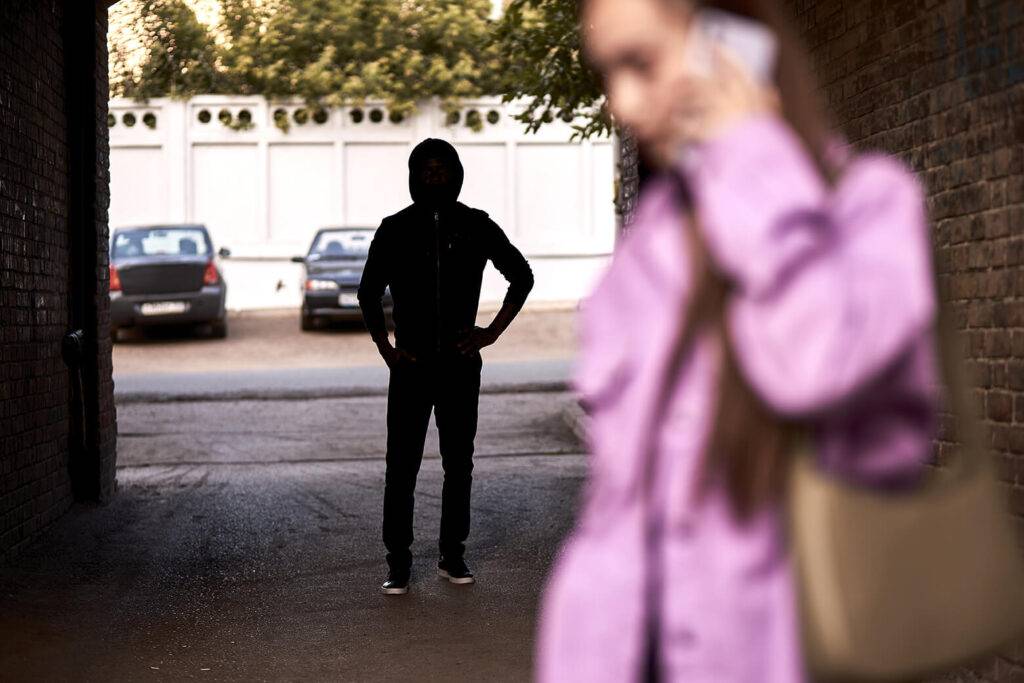When someone faces a domestic violence case in Denver, the outcome often depends on the strength and reliability of the evidence. Judges and juries don’t just want a story—they want proof that supports or challenges the claims. That’s why working with an experienced domestic violence attorney in Denver is so important. Colorado law has strict rules about what counts as evidence, how it must be handled, and when it can be admitted. Understanding those rules can make the difference between a guilty verdict and a strong defense.
Under Colorado law, domestic violence is defined broadly. According to C.R.S. § 18-6-800.3, it includes not only acts or threats of violence against an intimate partner, but also crimes against property, animals, or even ordinance violations if they are used to control or intimidate.
The law also allows certain prior acts to come into play through C.R.S. § 18-6-801.5, which means a past history of abusive behavior may be introduced as evidence. These statutes show why building a case in Denver takes careful attention to detail from the very beginning.
1. Victim’s Testimony or Statement
The victim’s own words are often the centerpiece of a case. When a victim testifies in court, the impact can be powerful, but credibility is everything. Inconsistent accounts or a later decision to recant can weaken the prosecution.
Out-of-court statements made to police or others may also be admitted under certain exceptions, though they sometimes run into hearsay problems. For someone building a domestic violence defense in Denver, exposing weaknesses in testimony is a critical part of the strategy.
2. Physical Evidence
Injuries and property damage can tell a story that words alone can’t. Photos of bruises, torn clothing, or broken household items often appear in court to support allegations. Medical documentation of treatment can further strengthen those claims.
At the same time, defense attorneys closely examine how this evidence was collected. If the chain of custody is broken or items weren’t properly preserved, the court may view them as unreliable. A skilled Denver domestic violence lawyer knows how to challenge weak or mishandled physical evidence.
3. Medical Records and Expert Testimony
Doctors and medical professionals play an important role in these cases. Their records provide objective details about injuries, and their testimony can help explain whether the wounds align with the alleged incident.
Mental health professionals may also describe the impact of trauma or long-term psychological harm. However, these experts must meet Colorado’s evidentiary standards. Defense attorneys can question whether their methods are reliable or whether the evidence actually supports the prosecution’s claims.
4. Digital Evidence and Communications
In today’s world, texts, emails, and social media often provide the strongest evidence in domestic violence cases. Messages that show threats, apologies, or admissions can be highly persuasive. Recordings of 911 calls, photos, or videos captured on cell phones can also have an immediate impact in court. Even GPS data has been used to confirm whether someone was present at a certain time and place. But with digital evidence, authenticity is key. Defense attorneys frequently challenge whether records have been altered or whether relevant context is missing. Preserving original files is essential if the evidence is going to hold up in court.
5. Witnesses Beyond the Victim
Testimony from neighbors, friends, or family members can back up or contradict what the victim says. Police officers and first responders often serve as witnesses too, since they can describe what they saw when they arrived. Their written reports and personal observations often influence how a case is perceived early on.
At the same time, witnesses may have their own biases or may not have seen everything clearly. Cross-examination can reveal weaknesses that shift the case in a defendant’s favor.
6. Evidence of Prior Acts or Patterns
Colorado law allows prosecutors to use evidence of prior similar acts. This type of evidence can be powerful because it shows a pattern of behavior, which helps establish intent or motive. But prior acts are not automatically admitted. Courts must decide whether the evidence is more probative than prejudicial, and defense attorneys often argue to keep it out.
This is where experienced representation becomes especially valuable. A knowledgeable attorney can challenge the admissibility of past incidents and limit how they affect the current case.
Why Strong Legal Representation Matters
The strength of evidence doesn’t just come from what exists—it comes from how it is handled. Cases can fall apart if physical evidence is mishandled, if digital files can’t be authenticated, or if testimony doesn’t hold up under questioning. Colorado’s rules about hearsay, expert witnesses, and similar transactions create opportunities for both sides to argue over what the jury should see.
Having a domestic violence attorney in Denver ensures that every detail is examined. An attorney can file motions to exclude unreliable evidence, question the credibility of witnesses, and make sure your rights are protected. They also know how to build a solid legal defense for domestic violence cases in Colorado, whether that involves showing self-defense, mistaken identity, or a lack of evidence altogether.
Building a Strong Defense Starts Here
Domestic violence cases in Denver often turn on the strength of evidence. Testimony, physical documentation, medical records, digital communications, third-party witnesses, and past incidents all play a role. Each type of evidence has its own rules, and each can either support the prosecution or open the door for a defense.
If you are facing charges, don’t leave your future to chance. A Denver domestic violence lawyer who understands the laws, the courts, and the rules of evidence can protect your rights. Contact a skilled attorney today to build the strongest defense possible.
References
https://mbslawco.com/practice-areas/crimes-of-violence/
https://lawhelp.colorado.gov/Evidence
https://law.justia.com/codes/colorado/title-18/article-6/part-8/section-18-6-800-3/
https://law.justia.com/codes/colorado/title-18/article-6/part-8/section-18-6-801/
https://www.law.cornell.edu/wex/hearsay
https://www.uslegalsupport.com/blog/medical-records-in-court-proceedings/
https://www.law.cornell.edu/definitions/uscode.php?width=840&height=800&iframe=true&def_id=10-USC-1743114452-884212172&term_occur=999&term_src=title:10:subtitle:A:part:II:chapter:55:section:1090a
https://www.americanbar.org/groups/professional_responsibility/publications/professional_lawyer/2016/volume-24-number-1/forensic_examination_digital_devices_civil_litigation_legal_ethical_and_technical_traps/
https://www.law.cornell.edu/wex/cross_examination
https://www.americanbar.org/groups/legal_services/milvets/aba_home_front/information_center/family_law/domestic_violence/domestic_violence_basics/
https://www.coloradoorpc.org/wp-content/uploads/2017/09/Colorado-Rules-of-Evid.pdf

